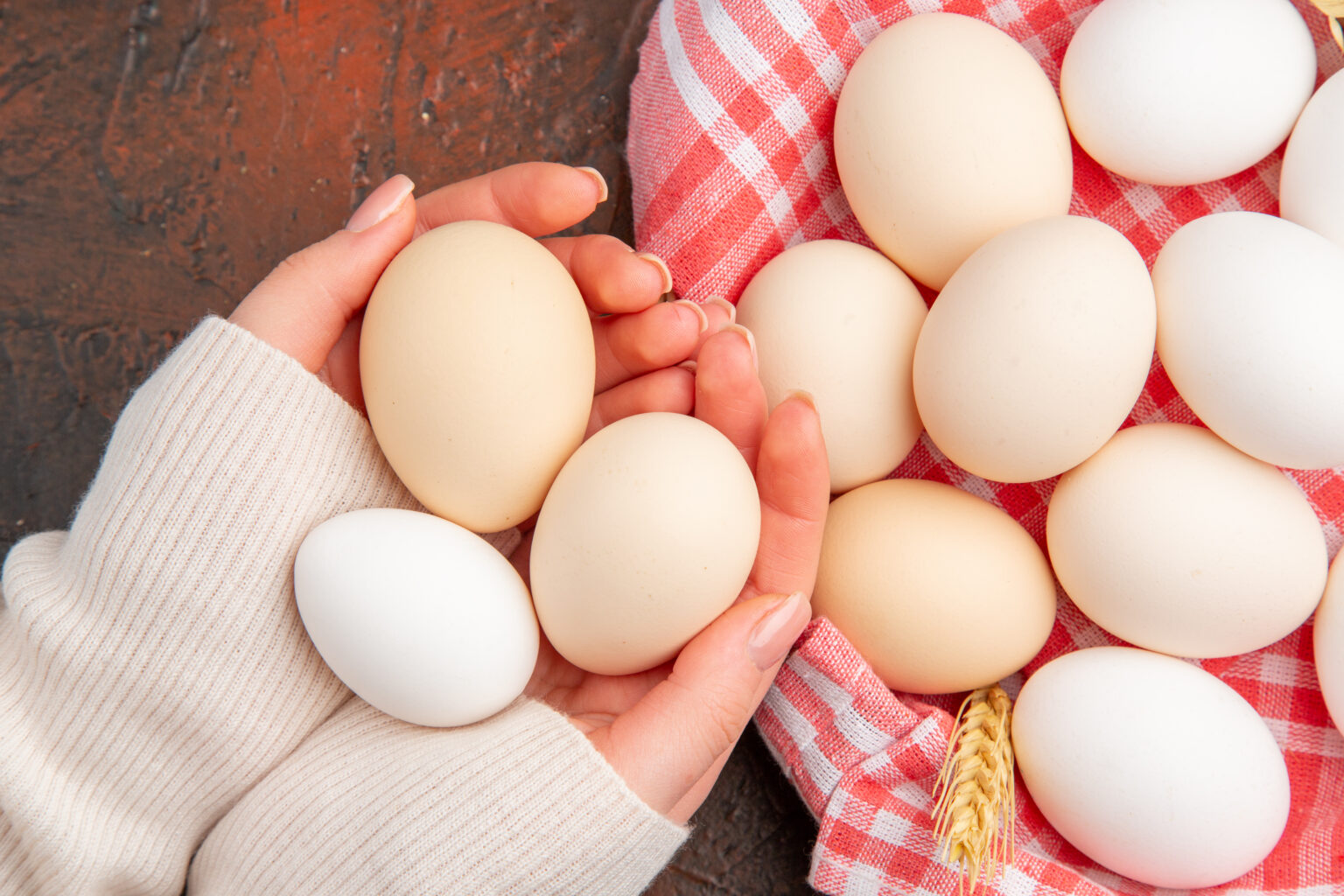The ovo-vegetarian diet is a form of vegetarianism that includes eggs but excludes all other animal-derived products, such as meat, poultry, fish, and dairy. This dietary choice is often made for ethical, health, or environmental reasons. While eliminating certain food groups can potentially lead to nutrient deficiencies, incorporating eggs into an ovo-vegetarian diet can play a crucial role in meeting essential nutritional needs.
Protein Powerhouse
Eggs are considered a complete protein source as they provide all the essential amino acids required by the body. Protein is vital for the growth, repair, and maintenance of body tissues, including muscles, bones, and organs. It is particularly important for vegetarians, as plant-based protein sources are often limited in one or more essential amino acids. Including eggs in an ovo-vegetarian diet can help ensure an adequate intake of high-quality protein.
Vitamin B12 Source
One of the key challenges faced by vegetarians, especially vegans, is obtaining sufficient vitamin B12, which is primarily found in animal-based foods. Vitamin B12 plays a crucial role in maintaining nerve function and forming red blood cells. Eggs are an excellent source of this essential vitamin, making them an invaluable addition to an ovo-vegetarian diet. By incorporating eggs into their meals, ovo-vegetarians can meet their vitamin B12 requirements without relying solely on supplements.
Vitamin D and Calcium Support
Vitamin D and calcium are essential for bone health, and their adequate intake is vital for preventing conditions like osteoporosis. While dairy products are the most common source of these nutrients, ovo-vegetarians can turn to eggs as a valuable alternative. Egg yolks are a natural source of vitamin D, which aids in the absorption of calcium. Additionally, eggs contain a small amount of calcium, contributing to overall intake. By including eggs in their diet, ovo-vegetarians can help meet their vitamin D and calcium needs, promoting optimal bone health.
Nutrient Powerhouse
Eggs are packed with essential nutrients beyond protein and vitamins. They contain iron, which is necessary for oxygen transport and preventing anaemia. Eggs also provide selenium, a mineral that acts as an antioxidant and supports the immune system. Furthermore, they contain choline, an essential nutrient for brain development and function. Ovo-vegetarians can benefit from the diverse array of nutrients found in eggs, ensuring a well-rounded and balanced diet.
Versatile and Accessible
One of the greatest advantages of incorporating eggs into an ovo-vegetarian diet is their versatility and widespread availability. Eggs can be enjoyed in various forms, such as boiled, scrambled, poached, or as an ingredient in numerous recipes. Their culinary flexibility allows for a wide range of meal options, making it easier for ovo-vegetarians to maintain a satisfying and enjoyable diet.
Eggs are a valuable dietary inclusion for individuals following an ovo-vegetarian lifestyle. They provide high-quality protein, essential vitamins and minerals like B12, D, and calcium, as well as other important nutrients. By including eggs in their meals, ovo-vegetarians can ensure that they meet their nutritional needs and maintain a balanced diet. However, as with any dietary choice, it is essential to consider individual needs and consult with a healthcare professional or registered dietitian to tailor an ovo-vegetarian diet that meets specific requirements.








